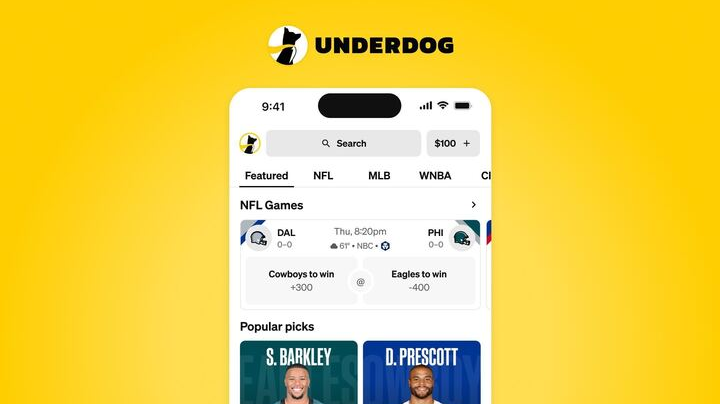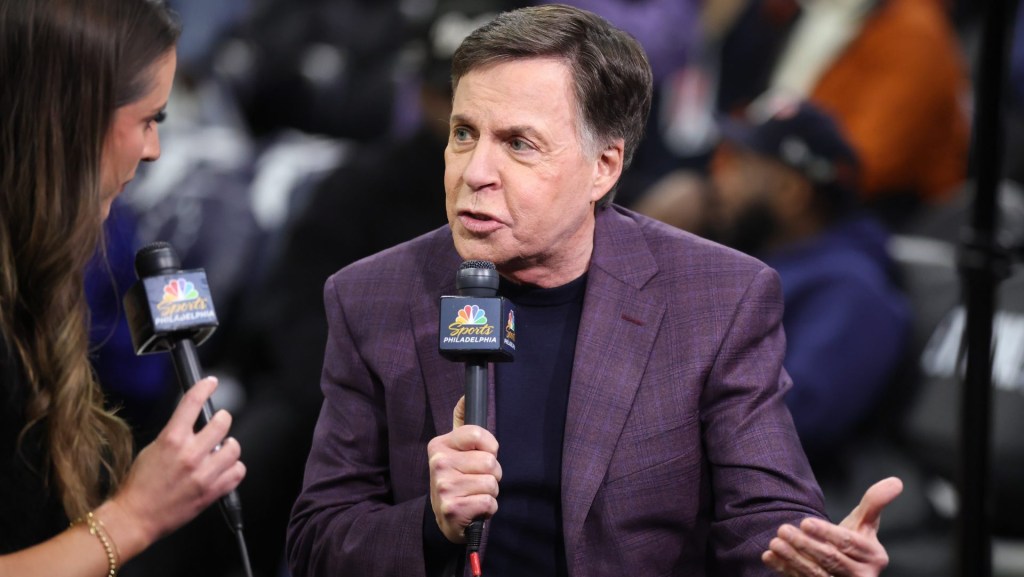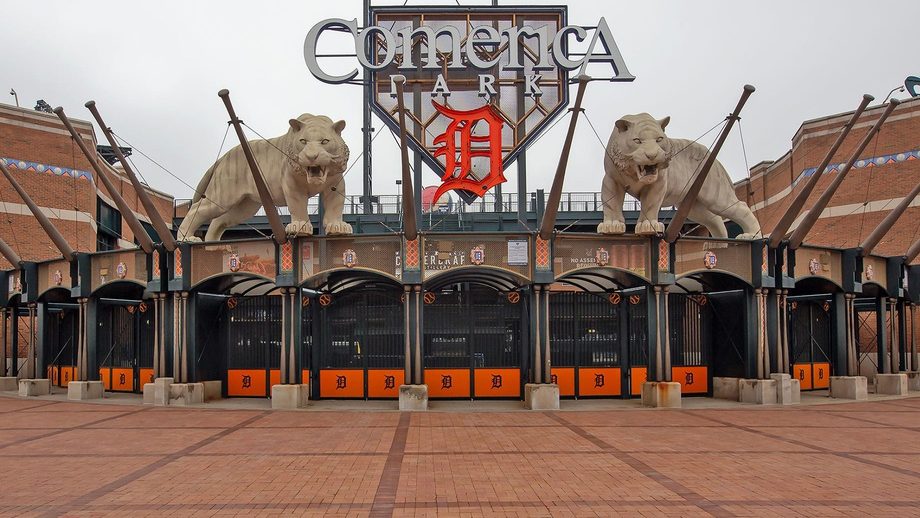In many ways, Penn National Gaming’s acquisition of a minority stake in Barstool Sports was born out of the U.S. Supreme Court declaring the Professional and Amateur Sports Protection Act unconstitutional in May 2018.
Started in 2003 by Dave Portnoy as a print publication that offered gambling advertisements, Barstool used the repeal of PASPA to bolster its sports betting content and gain further recognition in the gaming industry.
Over the years, Barstool has collaborated with other sports gambling entities like FanDuel, MGM, PointsBet and DraftKings, but as the company sought a new owner, its unique audience of fans and bettors made the company an ideal target for Penn National Gaming. Barstool has 66 million unique monthly visitors, the majority falling in the 18-to-34 age range.
“They’re the single-largest casino operator in the country,” Barstool Sports CEO Erika Nardini said. “They have an excellent management team. They had a huge vision about taking the Barstool Sports brand and making that their sportsbook brand, whether it’s their app or in their physical sports bars or sportsbooks.”
Penn National acquired a 36% stake in Barstool for $163 million in cash and convertible preferred stock. Barstool’s valuation is expected to reach $450 million with Penn National’s involvement.
“They wanted to partner and invest in us for the long haul,” Nardini said. “They weren’t looking for an ad deal. They were looking for a long-term partnership.”
Penn National had been looking for a media partner with specific criteria, said Jon Kaplowitz, head of Penn Interactive for Penn National and in charge of the company’s online and retail sports betting offerings.
High on Penn National’s list: a partner with a national brand, and one with access to an extensive user database with a high propensity for sports betting.
Kaplowitz also sought a partner that shared Penn National’s “omni-channel vision,” which is more than just adding sports bettors: it also meant bringing a company and brand into Penn National’s retail casinos as well.
As the two sides began to discuss a potential deal, the combination of Barstool’s audience, content, and its ability to mesh with Penn National’s burgeoning gaming reputation made a deal inevitable.
“After talking to every media company in the industry – both large and small – we knew when we found Barstool that they were the right partner for us,” Kaplowitz said. “They have a powerful brand that’s been built over 17 years.”
READ MORE: Barstool’s Recipe For OTT Success: Sports Betting And Fun Video Content
After finalizing this deal, Penn National will begin rebranding its retail sportsbook as the “Barstool Sportsbook.” With 14 retail sportsbooks nationwide, Kaplowitz expects that number to grow to 20 by the end of 2020.
At its casinos and sportsbooks, fans will engage in a Barstool-branded experience featuring key talent and live events that will bring a different audience to Penn National, which Kaplowitz says is older and female-skewing.
Already, both Barstool and Penn National are planning one tentpole event to kickstart their partnership. Starting with March Madness, people will begin seeing Barstool’s sportsbook in retail casinos, Kaplowitz said.
Nardini also said that Barstool would take advantage of Penn National’s two golf courses and be onsite at each venue. The Barstool Classic – which is Barstool’s amateur golf tour – will be played in Louisiana and Mississippi this year, with assistance from Penn National. Beyond golf, there are possibilities of creating physical venues like sports bars, nightclubs, and a pizza joint called “One Bite,” an homage to Portnoy’s infamous pizza reviews.
“We’ve had all of those discussions,” Nardini said. “We’re chomping at the bit to get started. Today’s day one, and you’ll start to see that roll out in the coming weeks and months and years.”
Once March Madness ends, Kaplowitz and Portnoy expect to roll out the Barstool Sportsbook app ahead of the 2020-2021 NFL season. Kaplowitz anticipates that Barstool’s increasing fan base will bring added value to Penn National’s database.
Also, in 2021, Penn National will finish building a Barstool-branded iCasino that will be integrated into its online sportsbook with aims to maximize the cross-sell of sports bettors to the online betting platform.
“You need a brand that has been built over many years,” Kaplowitz said. “You need access to a database that has a high propensity to bet. Those are things that within our Penn portfolio, we do not have without our Barstool sports partnership. Now we do, so that immediately elevates us to what we think will be a major player on the online sports side.”
READ MORE: NBC Mulls Sports Betting Role After Success of Fan Predictor App
Although Penn National is paying top dollar for Barstool’s assets, this partnership can help it become a national name in sports gambling. With more states legalizing sports betting, Penn National sees itself in the early stages of this space.
“It’s not necessarily the established casinos and the established vig players who are automatically going to be the ones who get all of the action in sports gambling,” Victor Matheson, professor of economics at Holy Cross, said. “There are opportunities for players outside of the Wynns and the big casinos to control a bunch of this [industry].”
“I think that’s what Penn National is trying to do by establishing themselves with Barstool – which has a huge national leadership and listenership footprint – and use that as an advertisement for their sports gambling products,” Matheson added.
Barstool’s valuation of nearly half a billion dollars is all the more noteworthy, given the company’s reputation. In May 2015, Portnoy was arrested at the NFL headquarters in New York City for protesting Tom Brady’s Deflategate suspension. The following year, The Chernin Group paid $10 million for a stake in Barstool, only to invest an additional $15 million later.
On Jan. 22, Portnoy settled with the National Labor Relations Board after threatening to fire employees interested in organizing a Barstool union. Within a week, Penn National formally announced its $163-million investment into Barstool.
Regardless of the Penn National affiliation, Barstool will be run independently, Portnoy said. There might be some caution in the way that he and Barstool workers joke about gambling. They’re going to emphasize responsible gambling and be more cautious with their subject matter. But beyond that, Barstool will aim to be as funny and irreverent as ever.
“When I sit back, it seems like I can snap my fingers and be back in my parents’ basement, wondering what I was doing,” Portnoy said. “It’s been a surreal, wild ride, and we have so much to do that I’m looking forward to. I don’t let myself think about it that much. I have a couple of seconds of reflection, and then it’s, ‘all right, let’s get to work.'”




![[Subscription Customers Only] Jun 15, 2025; Seattle, Washington, USA; Botafogo owner John Textor inside the stadium before the match during a group stage match of the 2025 FIFA Club World Cup at Lumen Field.](https://frontofficesports.com/wp-content/uploads/2026/02/USATSI_26465842_168416386_lowres-scaled.jpg?quality=100&w=1024)
![[Subscription Customers Only] Jul 13, 2025; East Rutherford, New Jersey, USA; Chelsea FC midfielder Cole Palmer (10) celebrates winning the final of the 2025 FIFA Club World Cup at MetLife Stadium](https://frontofficesports.com/wp-content/uploads/2026/02/USATSI_26636703-scaled-e1770932227605.jpg?quality=100&w=1024)











